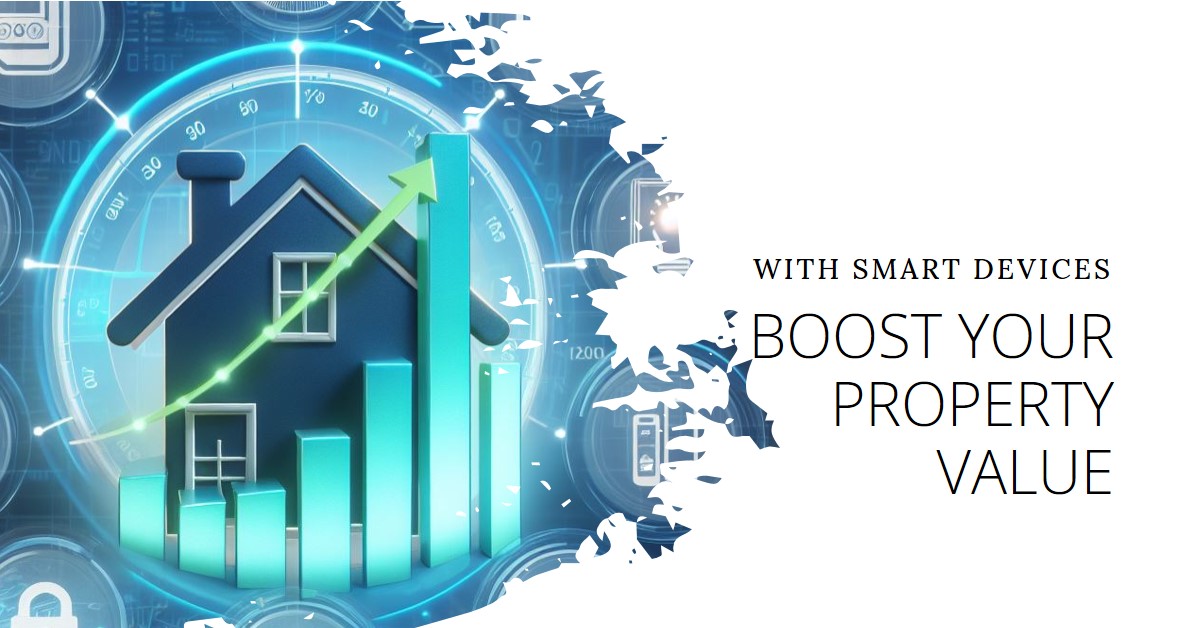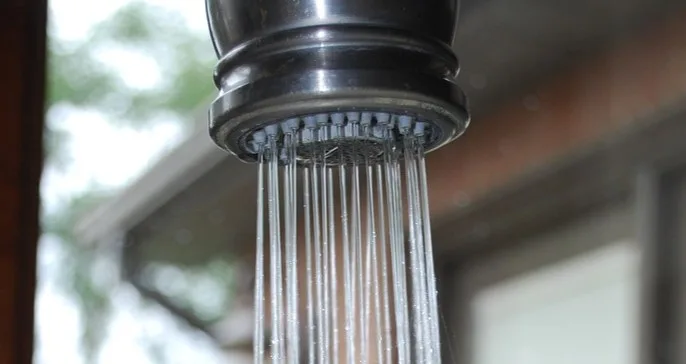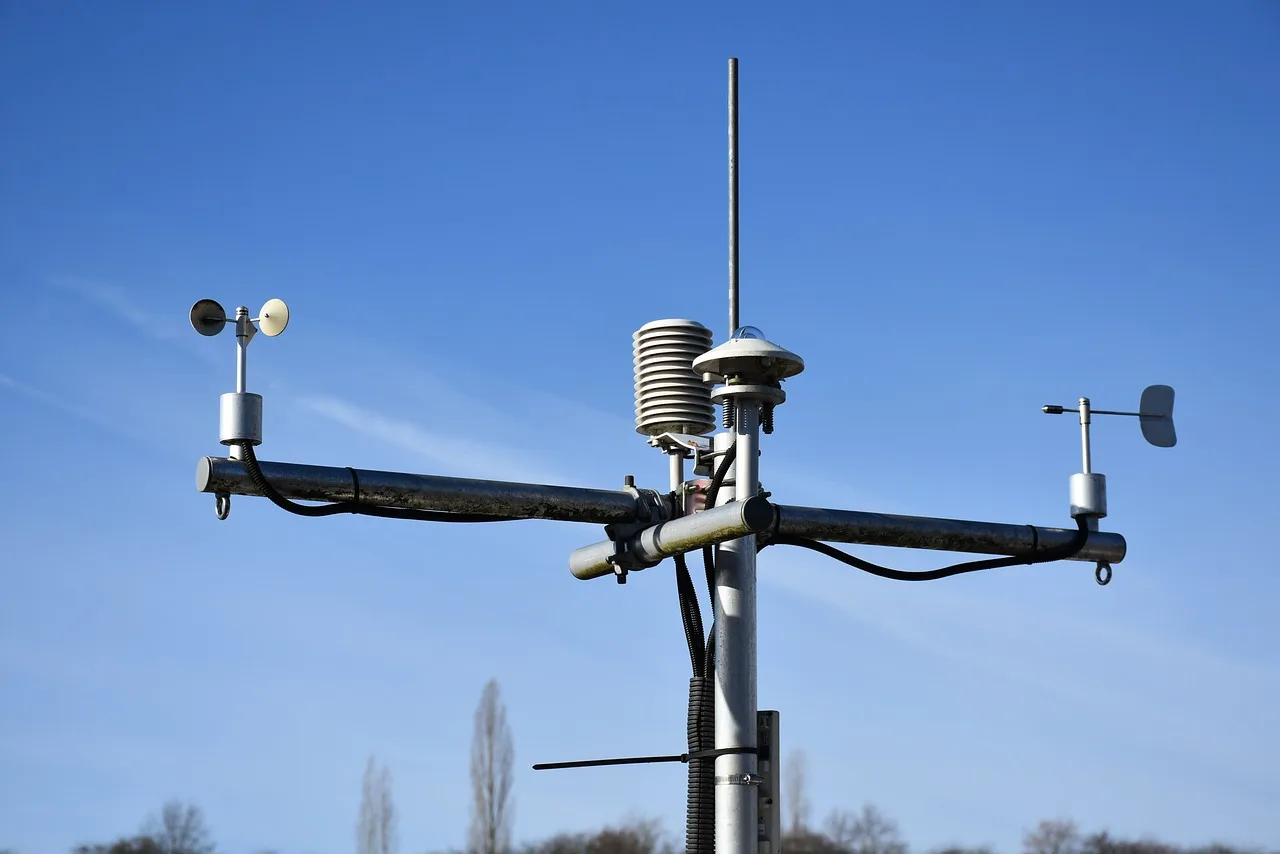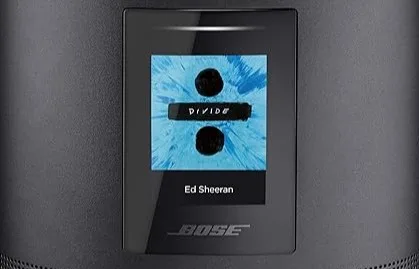The rise of smart devices has transformed our living spaces, offering unparalleled convenience, energy savings, and enhanced safety. If you’ve ever wondered whether investing in home technology pays off, read on. We delve into the relationship between smart devices and property value, drawing upon extensive research and real-world examples across the United States. Discover how embracing home tech can yield impressive returns on your investment.

Table of Contents
- Introduction
- Research Findings on Smart Devices & Property Values
- Study 1: Coldwell Banker Report
- Study 2: Trulia Analysis
- Additional Studies Supporting Smart Device Benefits
- Real-Life Examples of Home Tech Impact
- Case 1: Smart Revolution in California
- Case 2: Advanced Security Systems in Texas
- Visualizing Data: Charts & Graphs
- Factors Contributing to Increased Property Value
- Energy Efficiency
- Safety & Security
- Lifestyle Improvement
- Modernization Appeal
- Myths vs. Reality: Perceptions of Smart Devices
- Maximizing ROI Through Strategic Choices
- Preparing Your Home for Optimal Sales Potential
- Conclusion: Embracing Smart Devices for Higher Property Value
- FAQs
Research Findings on Smart Devices & Property Values
Multiple reports reveal that smart devices positively influence property sales and pricing. We examine two notable studies and summarize other relevant research supporting home tech benefits.
Study 1: Coldwell Banker Report
Coldwell Banker’s Smart Home Marketplace Survey discovered that:
- Homes with smart devices sell faster than non-tech counterparts.
- Properties with smart home technology commanded higher listing prices.
- Among 4,000 respondents, 81% agreed that purchasing a property with existing smart devices was appealing.
Study 2: Trulia Analysis
Trulia reported that:
- Homes equipped with Nest Learning Thermostats fetched approximately $9,000 above similar properties without this device.
- Installation of a single smart product can significantly impact sales price, especially considering cascading effects on perceived overall home quality.
Additional Studies Supporting Smart Device Benefits
Other analyses further emphasize the importance of home technology integration, highlighting factors such as improved buyer interest and higher perceived value.
Real-Life Examples of Home Tech Impact
Let’s explore regional trends demonstrating the power of smart devices in influencing property values.
Case 1: Smart Revolution in California
California leads the nation in smart device adoption, contributing to elevated housing costs due to heightened demand.
- Over 8 million residents own smart speakers, while 10+ million possess smart thermostats.
- SF homes with smart thermostats boast median sale prices around $1.2M versus $1.1M for conventional residences.
Case 2: Advanced Security Systems in Texas
Texas exhibits surging enthusiasm for sophisticated home protection technologies.
- Approximately 60% of locals believe smart security enhances property worth.
- Median sale prices in Dallas for dwellings with smart surveillance reach $500K, contrasting $450K figures for standard abodes.
Factors Contributing to Increased Property Value
What drives this upward momentum in property valuation tied to smart devices? Examine four primary elements responsible for amplified demand.
- Energy Efficiency: Intelligent climate controls reduce utility expenses, enticing eco-conscious buyers.
- Safety & Security: Sophisticated monitoring solutions deter intruders, reassuring families.
- Lifestyle Improvement: Streamlined household management appeals to busy professionals craving simplicity.
- Modernization Appeal: Highlighting innovation underscores contemporary design preferences, catering to younger generations.
Myths vs. Reality: Perceptions of Smart Devices
Despite mounting evidence substantiating the merits of home technology, misperceptions persist. Debunk these prevalent fallacies:
- “Only young, wealthy individuals desire smart devices.” False; diverse demographic groups embrace technology.
- “Integrating home tech requires substantial effort.” Misguided; modern devices prioritize user-friendliness.
- “Connected devices offer negligible return.”_ Not entirely accurate; certain features contribute significantly to sales prices.
Maximizing ROI Through Strategic Choices
Selecting optimal smart devices ensures maximum ROI. Focus on sought-after functionalities:
- User-friendly interfaces
- Integration compatibility
- Remote accessibility
- Customizable settings
- Scalability
Preparing Your Home for Optimal Sales Potential
Prioritize presenting your technologically-enhanced residence effectively, addressing:
- Clear labeling and instructional materials
- Demonstrable ease-of-use during open houses
- Documented cost savings attributable to energy efficient measures
- Marketing collateral accentuating desirable features
Conclusion: Embracing Smart Devices for Higher Property Value
As demonstrated, strategic implementation of smart devices yields tangible benefits for prospective home sellers. Leveraging evolving consumer interests propels property value growth, bolstering sales prospects. Equip yourself with knowledge, dispel lingering doubts regarding technology adoption, and capitalize on burgeoning opportunities within the realm of connected homes.
FAQs
- Do smart devices genuinely augment property values?
Yes, numerous studies confirm the positive influence of intelligent systems on residential sales prices and velocity. - Which smart devices generate the greatest returns?
Popular selections include smart thermostats, security cameras, and multi-purpose digital assistants. - Are there drawbacks to adopting home technology?
While potential complications exist, proper planning, execution, and presentation mitigate risks. - Will my older home accommodate smart devices?
Absolutely; retrofitting legacy structures remains feasible provided careful selection and professional assistance. - Can I recoup investments after relocation?
Preserving original hardware enables reutilization elsewhere or transfer of ownership post-move.


